Science Articles
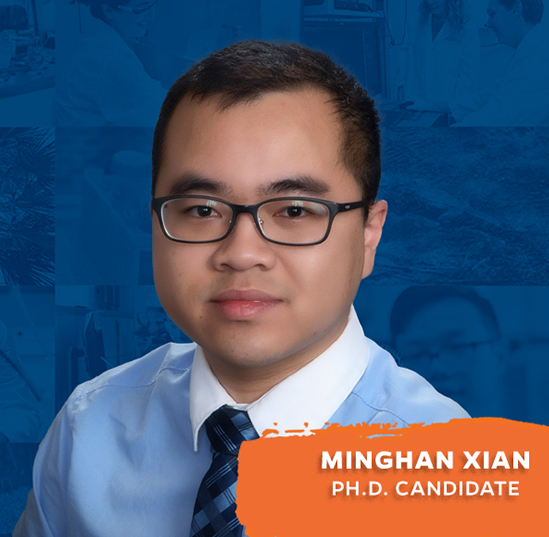
Researchers from the University of Florida, and Taiwan’s National Chiao Tung University have developed a rapid and sensitive testing method for COVID-19 biomarkers. These researchers previously demonstrated detection of biomarkers relevant in epidemics and emergency medicine, such as the Zika virus, heart attacks, and cerebral spinal fluid leaks.
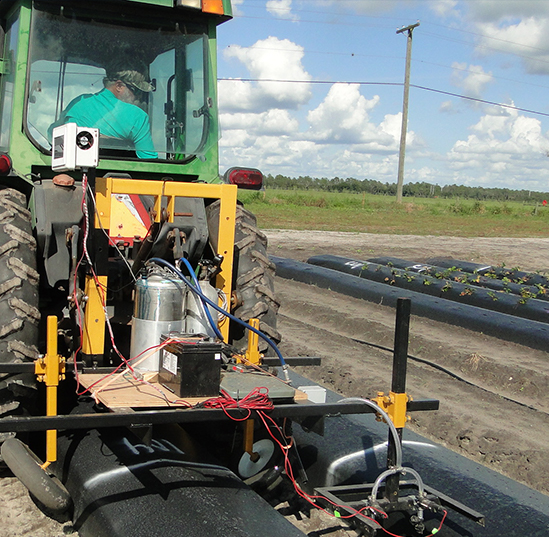
UF researchers hope to eventually help growers get rid of weeds without vanquishing their fruit. Additionally, robots may replace tractors as the means for delivering the spray in the field. Getting rid of weeds is critical for growers in Florida’s $300 million-a-year strawberry industry because weeds hinder fruit yield.
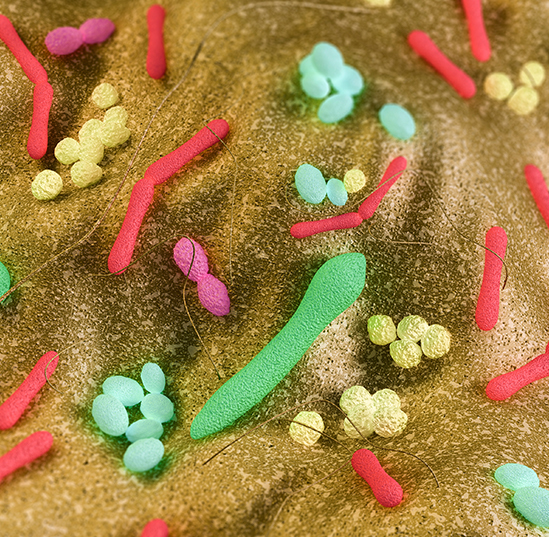
To solve the elusive medical mystery of why many adults have both high blood pressure and depression, University of Florida Health researchers took a long, in-depth look at one suspected culprit: gut bacteria.
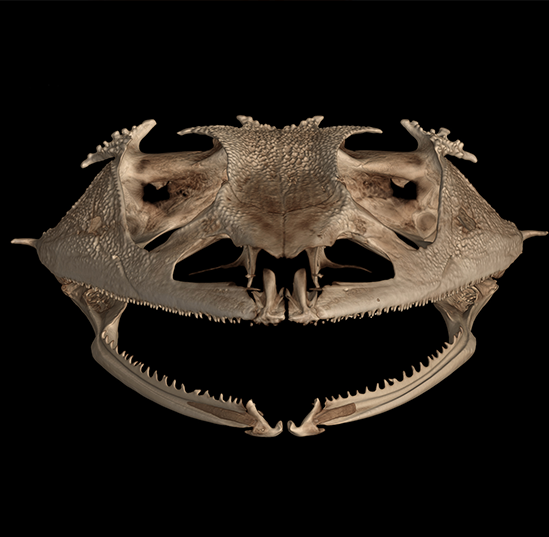
The first comprehensive study of tooth evolution in frogs is bringing the group’s dental history into focus. Florida Museum of Natural History researchers analyzed CT scans of nearly every living amphibian genus to reveal that frogs have lost teeth over 20 times during their evolution, more than any other vertebrate group.
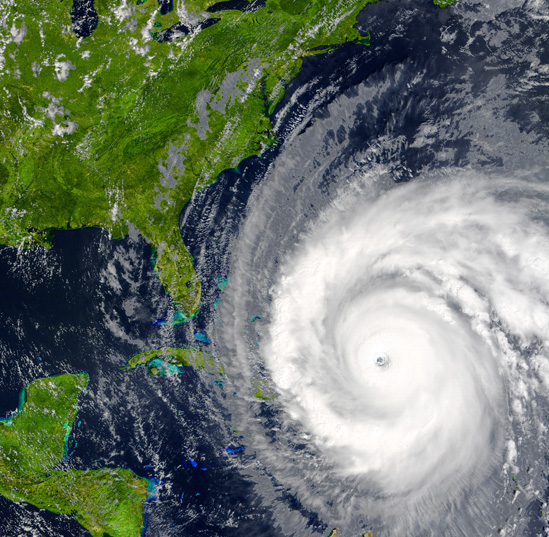
Hurricane season officially starts June 1, but it’s never too early to prepare.
Over the next six months, we must stay alert to news reports and be ready to face a tropical storm or hurricane in the state of Florida.
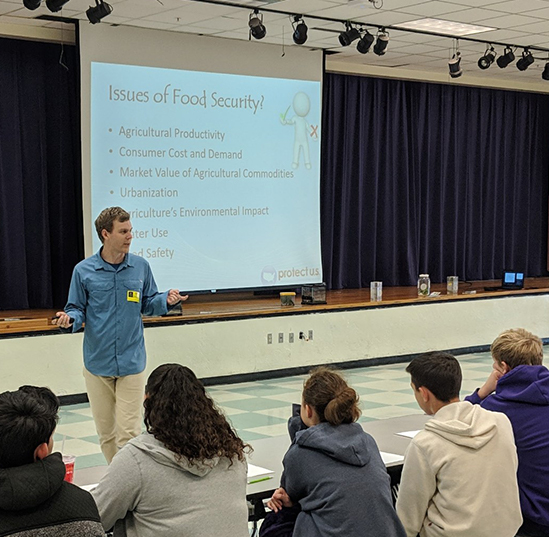
Agriculture is the second largest industry in Florida, but uncertainty of the industry’s future labor force remains, as the average age of the farmer increases each year. UF/IFAS works to address this disparity through youth outreach programs that increase agriculture literacy early on.
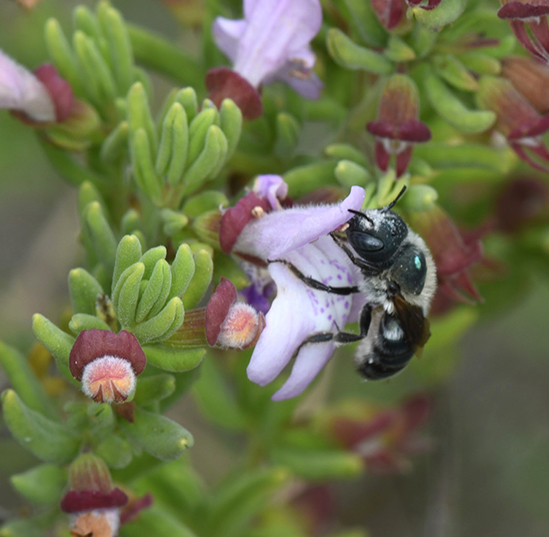
Florida Museum of Natural History scientists have found the first nest of Florida’s extraordinarily rare blue calamintha bee and added a new location to its known range: Ocala National Forest. They also confirmed the insect feeds on a second, but highly endangered, host plant.
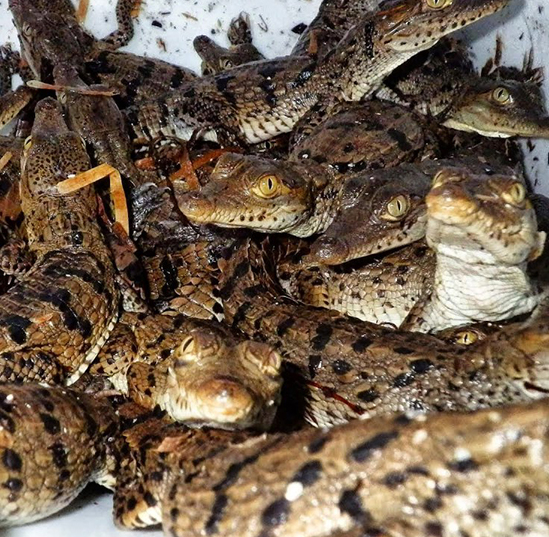
In Florida, the threatened American Crocodile plays an important role in the waterways and environment that we live in and enjoy. Among their attributes, their health, breeding and survival status tell us a lot about the current state of the Florida Everglades as well.
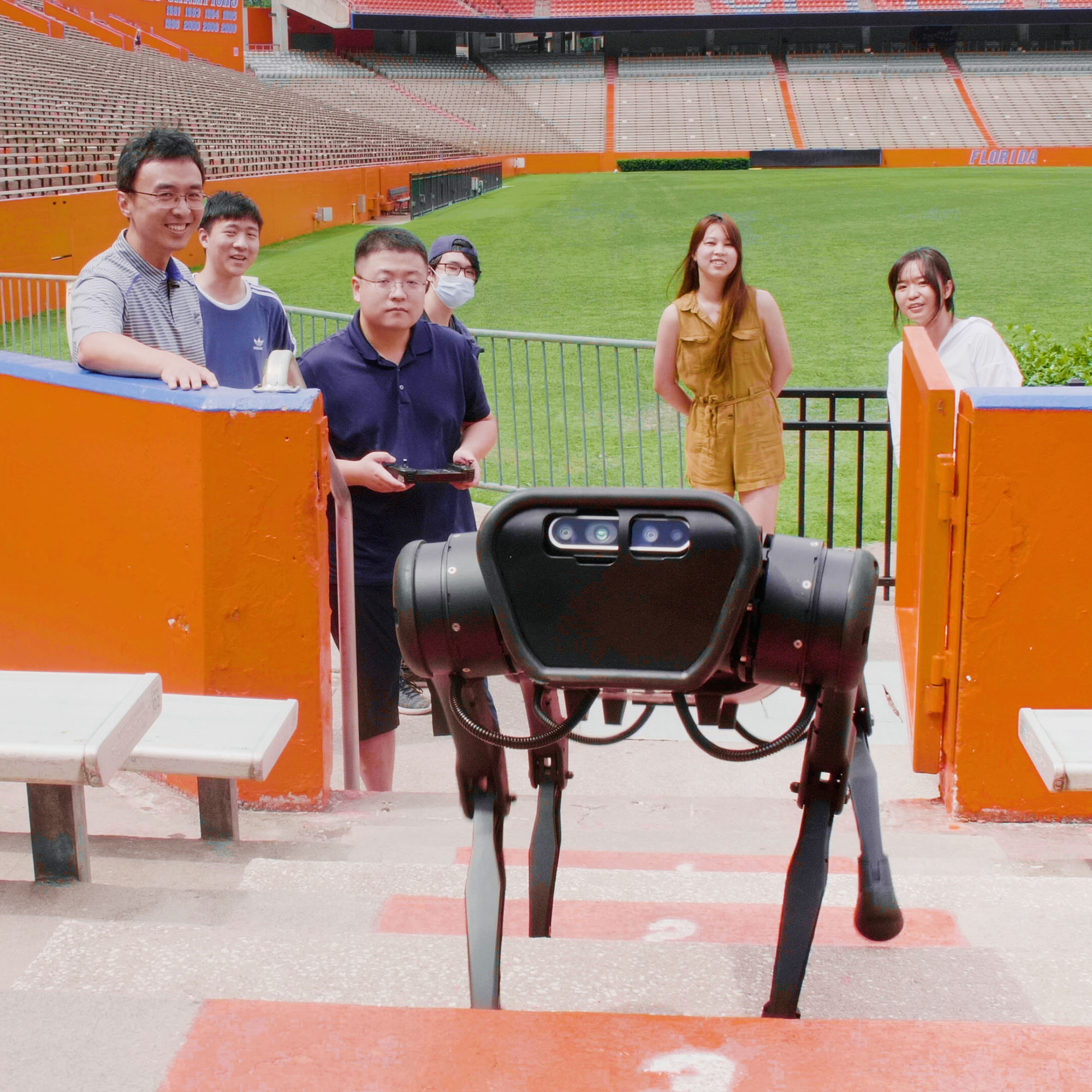
A University of Florida research team is working on a robot dog that has the ability to enter an enclosed space, scan it, and provide humans with a visual of what’s inside, an application that could lessen dangerous situations for first responders.
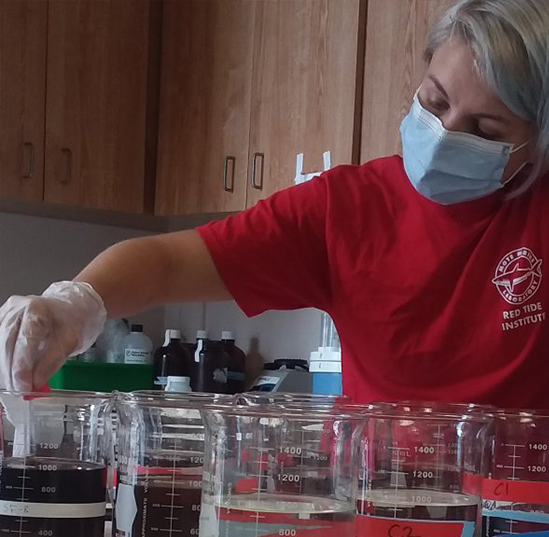
Not all algal blooms are harmful, but Amanda Muni-Morgan hopes to eventually mitigate the impacts of nutrients going into Tampa Bay. Those nutrients – often brought to the estuary by stormwater runoff — can fuel a harmful algal bloom.
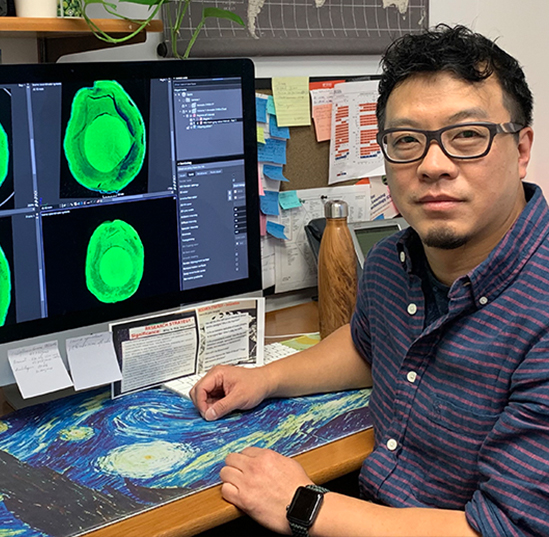
University of Florida researchers are using genomics-based approaches, artificial intelligence and hyperspectral imaging to develop a device that can scan produce for freshness and optimize how and when produce is shipped.
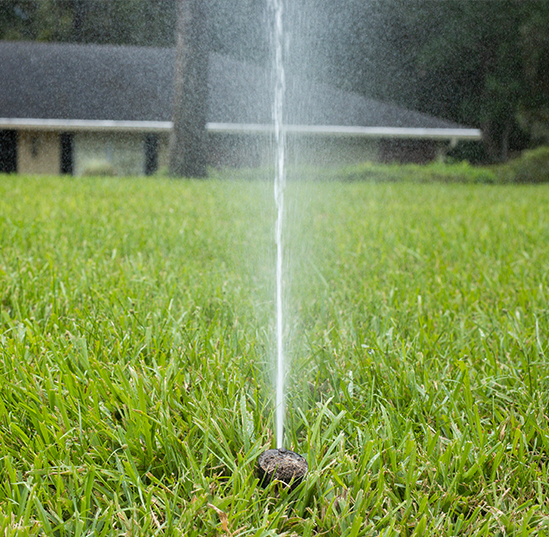
We take our lead from people beyond our significant other and our friends – even with issues such as irrigation. Armed with this new data, University of Florida researcher Laura Warner believes she can help others lower their water use.

A University of Florida professor emeritus in materials science and engineering who developed an innovative computer chip manufacturing process, and an alumnus in electrical and computer engineering who is a leader at IBM in the application of artificial intelligence to aging issues, are among the 2021 inductees to the Florida Inventors Hall of Fame.

A team of researchers at the University of Florida has developed a system powered by solar energy that uses artificial intelligence to ultimately decrease the cost of keeping essential home appliances or devices running through a power outage.
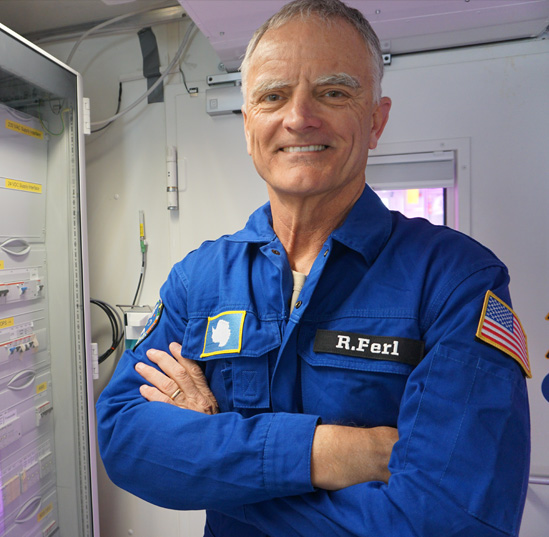
The National Academies of Sciences, Engineering, and Medicine have appointed University of Florida Distinguished Professor Rob Ferl to co-chair a group tasked with mapping space-related biological and physical research for the next 10 years.